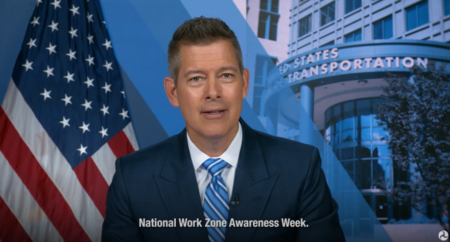The US Department of Transportation (USDOT) and the National Highway Traffic Safety Administration (NHTSA) have released new federal guidance for automated driving systems (ADS), which calls for industry, state and local governments, safety and mobility advocates, and the general public to lay the path for the deployment of automated vehicles and technologies.
Titled A Vision for Safety 2.0, the latest guidance for automated driving systems to industry and states builds on the previous policy and incorporates feedback received through public comments and congressional hearings. The Version 2.0 guidance paves the way for the safe deployment of advanced driver assistance technologies by providing voluntary recommendations that encourages best practices and prioritizes safety.
The document also provides technical assistance to states and best practices for policymakers. USDOT says that as automated technologies advance, so will its guidance, which is intended to be flexible and to evolve as technology does. The agency notes that it and the NHTSA are already planning for Version 3.0. A Vision for Safety 2.0 is the newest version replacing previous guidance and offers a more flexible approach to advancing the innovation of automated vehicle safety technologies.
Specifically, the new voluntary guidance:
Focuses on SAE International Levels of Automation 3-5 ADSs with Conditional, High, and Full Automation;
Clarifies the guidance process, and that entities do not need to wait to test or deploy their ADSs;
Revises unnecessary design elements from the safety self-assessment;
Aligns Federal Guidance with the latest developments and industry terminology; and
Clarifies federal and state roles going forward.
“The new guidance supports further development of this important new technology, which has the potential to change the way we travel and how we deliver goods and services,” said US Transportation Secretary Elaine L Chao.
“The safe deployment of automated vehicle technologies means we can look forward to a future with fewer traffic fatalities and increased mobility for all Americans. In addition to safety, ADS technology offers important social benefits by improving access to transportation, independence and quality of life for those who cannot drive because of illness, advanced age or disability.”




